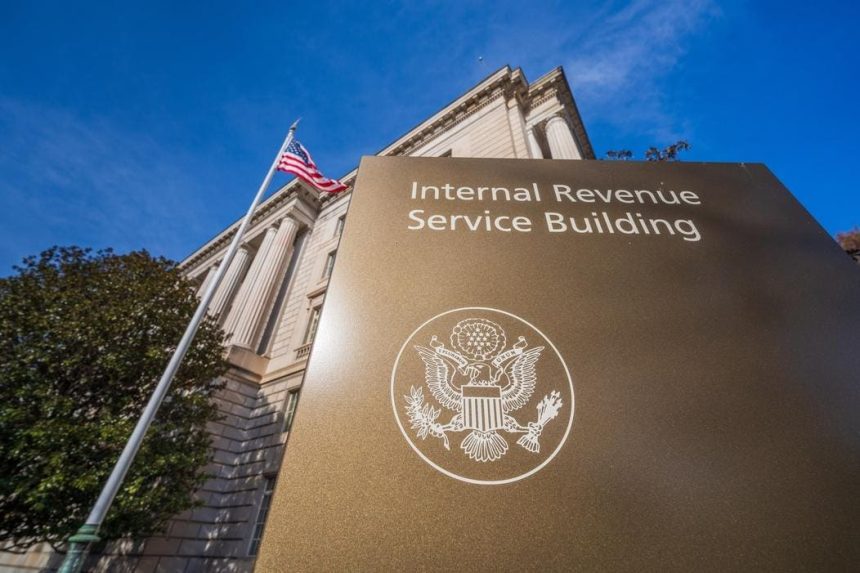In President Joe Biden’s proposal in the Fiscal Year 2025 Budget of the United States Government, and more specifically in the General Explanations of the Administration’s FY 2025 Revenue Proposals, the Biden administration has proposed a slate of bold shifts in tax policy that could redefine high income tax planning and investment strategies.
Among the most striking initiatives in the FY2025 Budget Proposal is a set of proposals taxing unrealized gains—a concept generally absent in tax frameworks due to valuation complexities, liquidity concerns and the overall challenge of implementation.
The proposals, aimed at ensuring tax fairness, could fundamentally alter how assets are valued and taxed in the United States.
Background
Unrealized gains are increases in the value of an asset that have not been realized—either through sale or a deemed realization event. They are, simply put, the increase in the valuation of an asset “on paper.”
Lending complexity to the analysis, however, is the fact that unrealized gains can be used as collateral to borrow against—thereby making an unrealized gain in the interest in a given piece of property, potentially, an accession to wealth for a given taxpayer.
Let’s take a simple example: a billionaire holds shares in a given electric car manufacturing company. Since acquiring, either through purchase or as compensation, the given shares, they have appreciated in value significantly—let’s say from $1 per share to $1000 per share. Since the nameless billionaire has not sold their shares, they have not realized any gain, and they owe no tax on their increased net worth. This seems just, as one can imagine, perhaps on a smaller scale, being in the shoes of said billionaire—you haven’t really made any additional money, you just have the potential to make money on a sale.
If, however, we consider the fact that the aforementioned billionaire could borrow money using the appreciated stock as collateral—perhaps, say, to purchase a social media company—we might feel somewhat differently. After all, absent some mechanism by which the billionaire can be taxed, they can at least in theory defer ever realizing their gains by continually borrowing against their stock rather than selling any of it.
FY2025 Budget Proposals
The policies proposed in the FY2025 budget target extremely high-net-worth individuals and entities, attempting to ensure wealth accumulation through investment is looped in to the taxable base—even when those investments are not sold.
The general principle behind equitable taxation is that a broad base is to be preferred over higher rates—in other words, increasing tax revenue without imposing additional burdens on middle and lower income brackets, merely reshuffling the deck so higher income earners are taxed under existing rate structures.
Among the proposals is a plan to tax the unrealized gain on a trust, partnership or other non-corporate entity that has not been subject to a recognition event in the previous 90 years—something of a one time tax true-up for complex tax structures that are and have been growing untaxed for generations.
Ultimately, tax policy must follow the market—that’s where the tax revenue is. The market has called for a reconceptualization of policy to bring unrealized gains under the tax base. The proposals respond to an ever-evolving economic landscape wherein the accumulation of wealth can, and does, bypass traditional taxation mechanisms.
A shift in tax policy towards tapping revenue streams in unrealized gains is almost certainly on the horizon, it is just a matter of degree. A tax on unrealized gains will need to be carefully calibrated and accounted for, targeted first towards high net worth individuals and liquid assets, to avoid the administrative and political quagmire of valuation and ability-to-pay concerns. Notwithstanding the precision in policy required, absent intervention, the existing imbalances that have allowed vast amounts of wealth to grow, essentially tax-free, will persist.
Read the full article here
















